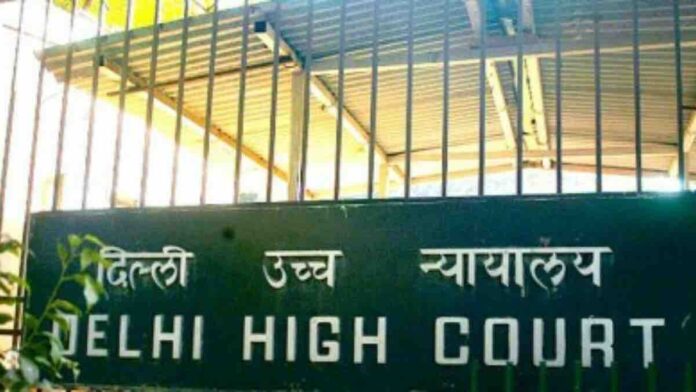The Delhi High Court has refused to condone a delay of nearly 28 years by the State in filing an appeal against the acquittal of several accused in a 1984 anti-Sikh riots case, saying there was no “justifiable” explanation for it.
The accused persons were set free by a trial court here in 1995.
The State submitted the two-member Special Investigation Team (SIT) constituted following a Supreme Court order to look into the riots cases, which were closed for lack of evidence or due to shoddy investigation, recommended in 2019 that an appeal may be filed against the 1995 order of acquittal.

It said the appeal could not be finalised promptly due to the Covid pandemic, resulting in further delay, and now the Leave to Appeal has been filed along with the application for condonation of delay of 27 years and 335 days.
The high court, however, said there was no merit in the application for condonation of delay and dismissed it.
“No reason whatsoever has been given for explaining the delay of about 28 years. Pertinently, the report was given by SIT on April 15, 2019 but even thereafter there is a delay of about four years for which no cogent explanation has been given.
“This court has recently dismissed three criminal leave appeals where the delay was less than 1000 days,” a bench of Justices Suresh Kumar Kait and Neena Bansal Krishna said.
The bench said the grounds cited by the State for the “inordinate delay were not justifiable”.
Initially, an FIR was registered in 1991 for the offences of rioting, attempt to murder, mischief by fire with an intent to destroy house under the IPC at Saraswati Vihar Police Station with regard to incidents of rioting, looting and killing of Sikhs in Delhi which took place between October 31, 1984 and November 3, 1984.
The anti-Sikh riots had broken following the assassination of the then Prime Minister Indira Gandhi. She was shot dead by her Sikh bodyguards on October 31, 1984.
Charges were framed and the accused were acquitted after trial by a sessions court on March 28, 1995.
The high court noted in its order it is not in dispute that the accused were acquitted as the witnesses produced during the evidence by the prosecution were not found believable and, if the prosecution or the complainant were aggrieved by the judgment of acquittal, there was nothing which prevented them from filing the appeal.
“The reason now being given for filing the appeal is the opinion given by SIT in its report that the trial court could not have taken a view of weakness of the case merely due to delay in recording of FIR or delay in recording the statements of the witnesses.
“The delay in recording of FIR was obvious as the State was not interested in recording the FIRs. During the riots more than 3,000 Sikhs were killed and only few cases were registered in respect of these gruesome murders, large scale burning and looting,” the bench said.
It added the witnesses had deposed that their complaints were not being recorded by the police.
Also Read
The high court noted it was not disputed on behalf of the State that no further investigations have been carried out by the investigating agencies and no fresh material in respect of the alleged offences has been placed on record.
There is no explanation as to why the State or the complainant did not file the appeal on the grounds that were available even at the time of acquittal, it said.
“The reason now given is the findings by the SIT, but the SIT has also observed that the reason for disbelieving the witnesses on account of the delay of FIR was not correct. It is evident that the grounds of appeal which are now agitated are purely on the merits of the case which existed even at the time of trial and consequent acquittal,” the bench said.







